With 40% of Americans traveling more in 2024 (1), the hospitality industry has seen a significant surge in demand. This uptick in travel presents a golden opportunity for hotels to increase revenue — but to capitalize, they must differentiate themselves in a crowded market. In this article, you’ll learn how hotels can use technology to offer a better guest experience. From personalized offers to multi-channel communications, these strategies will help you create unforgettable stays, foster guest loyalty, and boost your hotel’s bottom line.
Five Ways Technology Can Enhance the Guest Experience at Your Hotel
Below, you’ll explore 5 ways hotels can leverage technology to enhance the guest experience.
1. Personalization for the Win
Increasingly, the world’s largest and most successful hotels are using data to send personalized offers to drive ancillary revenue and enhance the guest experience. This tracks with the evolution of travelers into savvy experience-seekers who expect solutions that let them curate their journeys to suit their individual preferences and needs.
In an era where one-size-fits-all solutions are no longer effective, personalization is now a key differentiator. Not only do personalized offers enhance the guest experience, but they also drive conversions and revenue opportunities, as guests are more likely to respond positively to offers that provide specific value in the areas that matter most to them.
Platforms like Plusgrade, a leader in ancillary revenue technology, make it easy to use guest data to send customized offers such as room upgrades, pre-reserved dinners, flexible check-ins and check-outs, and more. By leveraging their data, analytics, and guest profiling, you can determine what type of offer will appeal to each guest, whether it’s a spa treatment or a special event package.
Guest data can also be used for revenue optimization. For example, data shows that hotel loyalty program members who are close to redeeming an award are less likely to require significant discounts to complete a buy points/miles transaction, making personalized offers more efficient and cost-effective (2).
2. Perfect Your Timing
The timing of ancillary offers can be just as important as the offers themselves. While many hotels focus their offers on the critical few days before a guest’s arrival, most travelers begin planning their trips at least two months in advance. Understanding and capitalizing on this longer timeline means more revenue opportunities for your hotel, as well as more opportunities to provide a better experience for guests.
To maximize conversion opportunities, hotel owners and operators should engage guests at various stages of their travel planning journey. For example, engaging guests shortly after booking, as well as several weeks before their scheduled stay, can be highly effective. It’s also important to follow up promptly with guests who express interest in upgrade options or other special amenities but who do not immediately convert.
A test conducted by a hospitality company showed that an abandoned cart email within a few hours of the loyalty program member leaving the purchase page, as opposed to waiting 24 hours or more, drove a 142% increase in revenue per email sent (3). This shows the power of timeliness in driving conversions, as well as the value of travel technology solutions, which offer a variety of ways to optimize the timing of ancillary offers.
3. Meet Guests Where They Are
The right offer at the right time is essential, but there’s a third piece to consider: channels.
In today’s always-on digital world, hotels have more ways than ever to reach guests. At the same time, every guest has their own preferences when it comes to communication. The best way to ensure maximum reach is to employ a multi-channel approach.
Sending offers through a mix of email, SMS, landing pages, WhatsApp, and social media channels will help you maximize revenue opportunities. Not every offer will convert, of course, but each of these touchpoints provides a unique opportunity to catch guests when they’re most likely to upgrade or purchase an ancillary for their stay.
For example, sending a personalized SMS with an upgrade offer resulted in a 30% revenue increase (4). Similarly, an airline company saw a 2.5x surge in upgrade offers submitted by strategically moving the upgrade offer above the fold on a landing page (5). These examples show how diversifying your communication strategy can have an immediate positive impact on engagement and revenue.
By leveraging multiple communication channels, you’ll ensure that your message resonates with guests wherever they are on their travel journey. This multi-channel approach, not only drives ancillary revenue but also creates a richer overall guest experience by providing personalized and timely offers.
4. Build Loyalty with Upgrades
Savvy hoteliers know that upgrades are an important strategic tool for improving the guest experience and building loyalty, ultimately leading to long-term revenue.
Data shows that once travelers have experienced an upgrade, they’re more likely to seek out and book upgraded experiences for future trips. To borrow an example from the cruise industry, after their first upgrade, 23% of passengers bid on a higher cabin type, 4% directly booked a higher cabin, and nearly 20% booked the same cabin they were previously upgraded to at full fare5.
Hotel operators can learn from this example by implementing an upgrade strategy that allows guests to experience higher service levels, making them more inclined to book similar or higher levels of service in the future. Examples could include offering opportunities for guests to choose better room categories, additional amenities, or exclusive services.
Importantly, the value of upgrades extends beyond the immediate satisfaction of a better room or service. These enhanced experiences foster a sense of exclusivity and value, which can greatly improve overall guest satisfaction. Guests who feel valued and receive exceptional service are more likely to return and recommend your hotel to others.
5. Think Long-Term
While ancillary services are effective at driving immediate revenue, their real value lies in their ability to foster long-term brand loyalty. When deployed properly, timely and personalized ancillary offerings create sustained engagement and increase customer lifetime value, making them a crucial part of a comprehensive revenue strategy.
A research (6), which is based on extensive data analysis across a variety of industries, shows the impact of ancillary services on long-term customer behavior. For example, hotel loyalty program members who purchased points booked 46% more stays compared to their non-purchasing counterparts over a 12-month period. Additionally, they earned more than twice as many points on those stays and accumulated over 5 times more total points through all loyalty program activities.
With the help of ancillary and loyalty technology solutions, hotels can turn occasional visitors into regular guests who actively seek out and pay for premium services. The key is leveraging data to understand guest preferences and behavior, and using that data to send tailored offers most likely to enhance each individual guest’s experience.
Time to Take Advantage
Implementing these five strategies will go a long way in not only creating a better experience for guests, but giving your hotel an edge in a crowded and competitive market. By embracing technology solutions, you can meet modern travelers’ expectations and set yourself up for sustained revenue growth heading into 2025 and beyond.
Free Whitepaper: Elevate Your Ancillary Revenue with These 5 Proven Strategies
Discover how to capitalize on the surging travel trends. Learn how hotels can go beyond traditional offerings to customize guest experiences, driving significant revenue while enhancing satisfaction.
In this ebook, you find five cross-industry learnings to drive ancillary revenue.
Click here to download the whitepaper “Elevate Your Ancillary Revenue with These 5 Proven Strategies”.
More Tips to Grow Your Business
Revfine.com is the leading knowledge platform for the hospitality and travel industry. Professionals use our insights, strategies, and actionable tips to get inspired, optimize revenue, innovate processes, and improve customer experience.Explore expert advice on management, marketing, revenue management, operations, software, and technology in our dedicated Hotel, Hospitality, and Travel & Tourism categories.
This article is written by our Expert Partner Plusgrade
Partner PageSources:
1: Forbes, 2024 Vs. 2023 Travel Trends: 40% Of Americans Plan To Travel More This Year
2-6: Elevate Your Ancillary Revenue with These 5 Proven Strategies, 2024

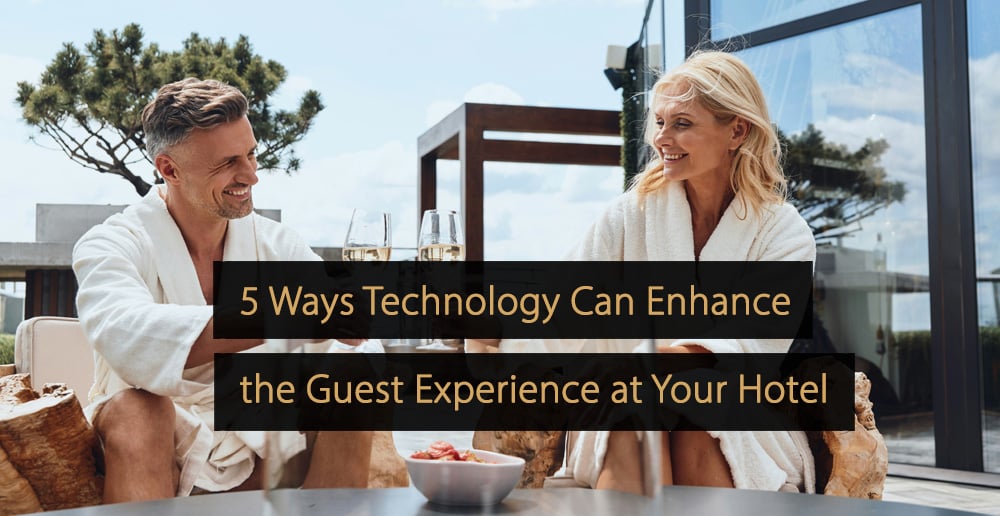
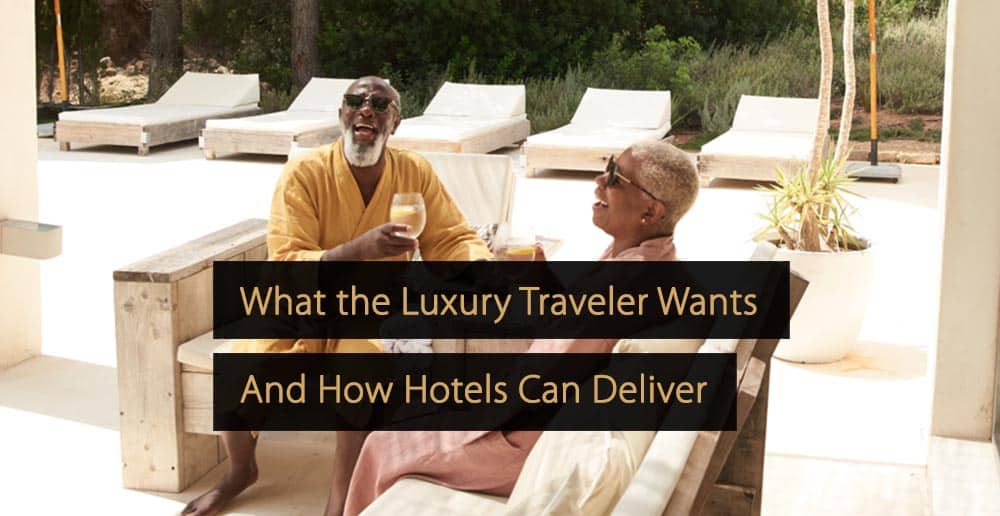

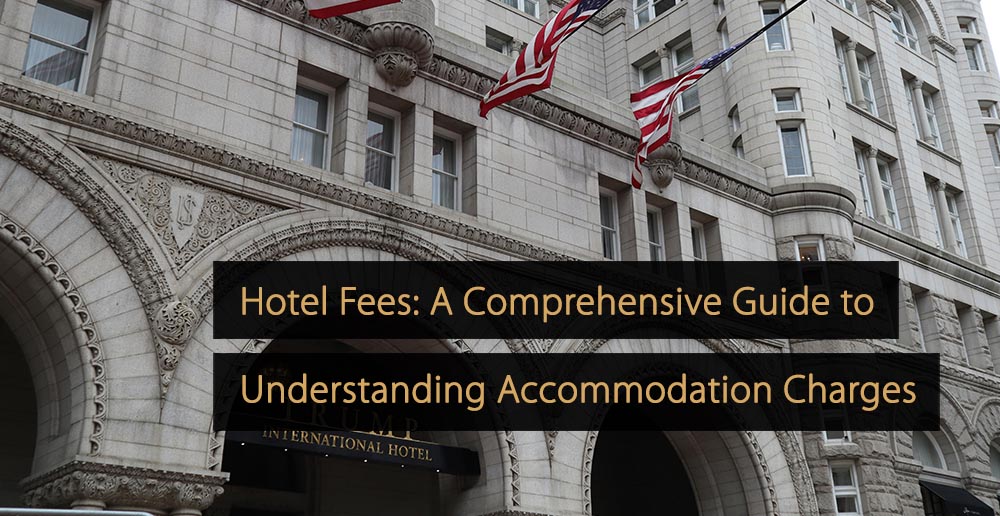
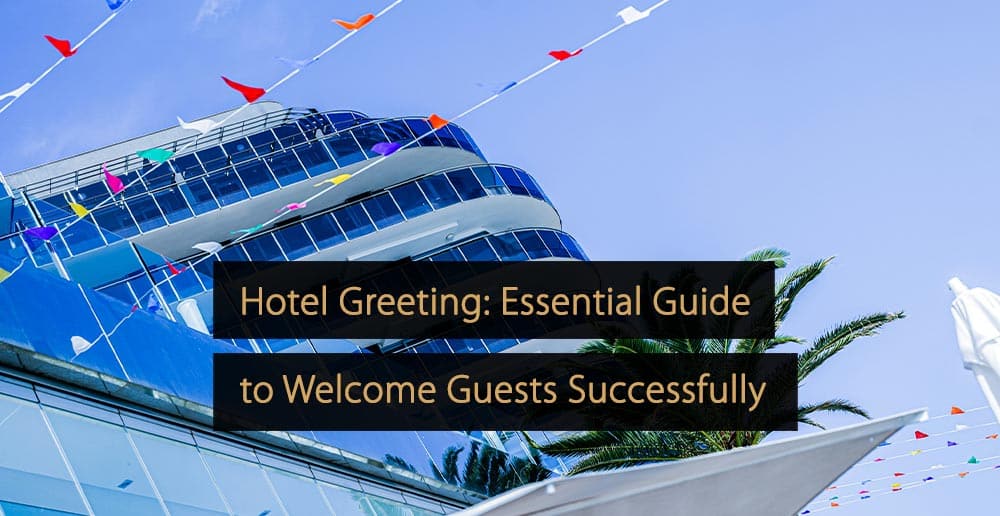
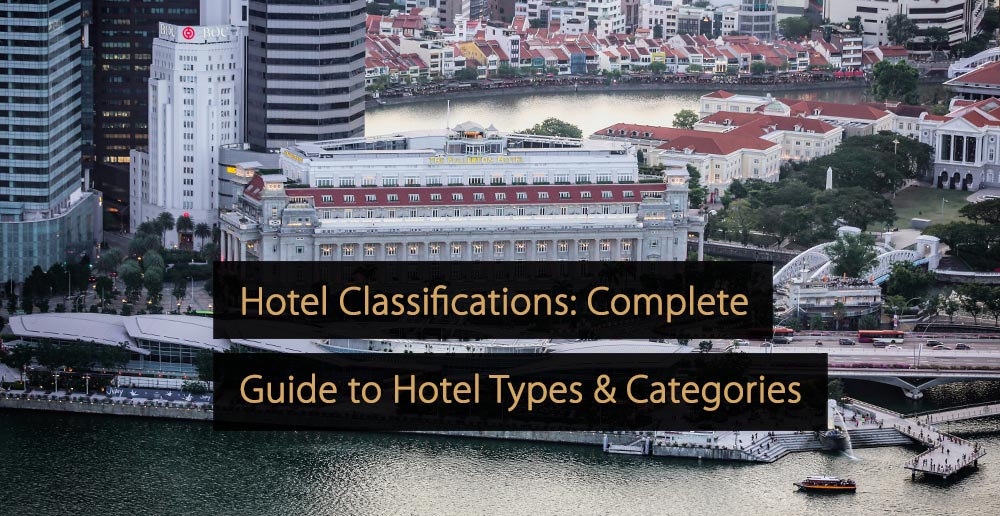
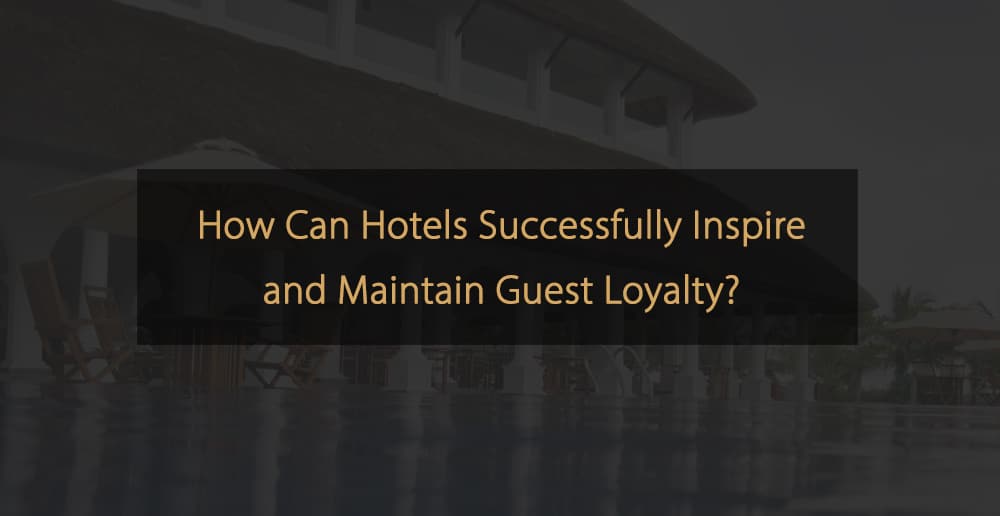
Leave A Comment